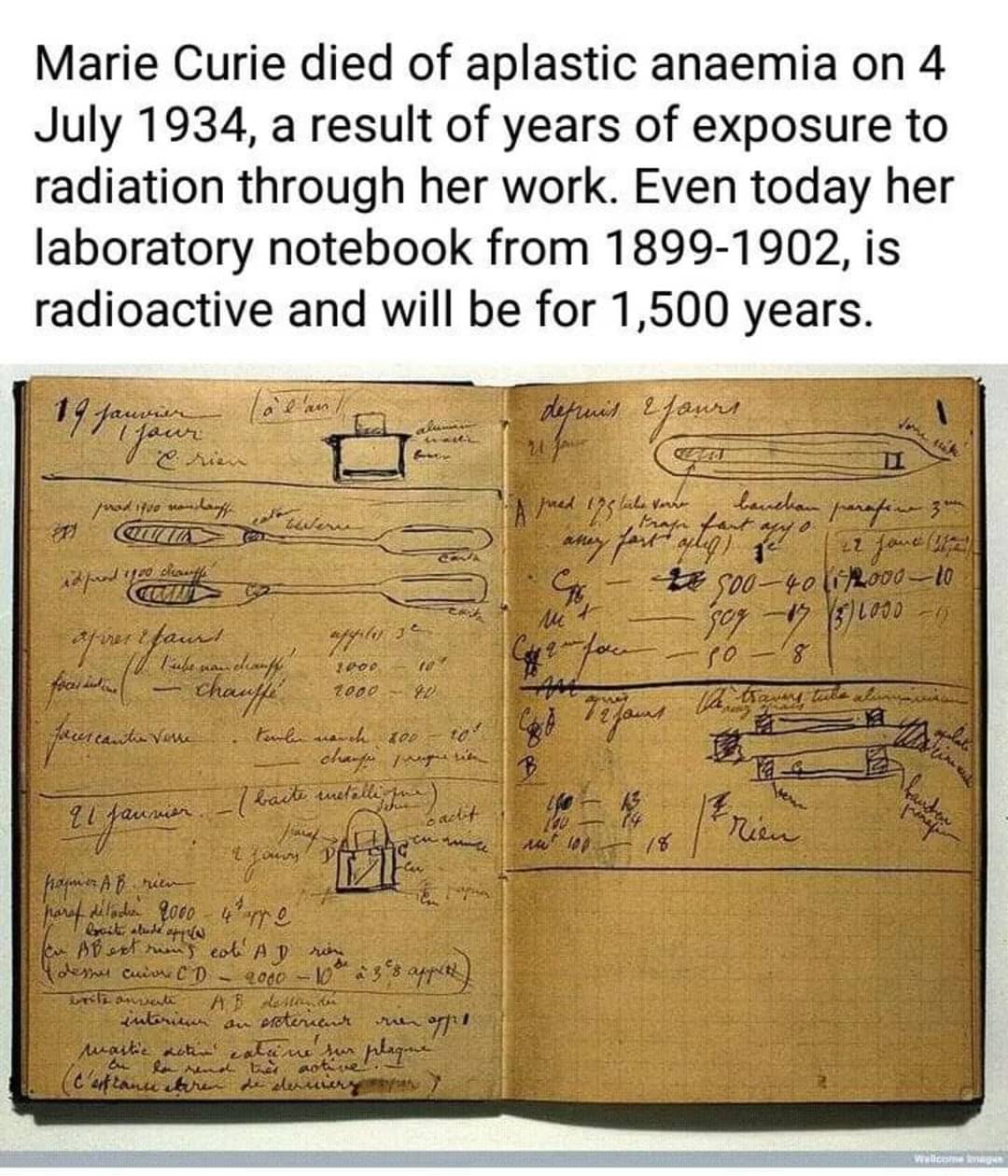this post was submitted on 15 Jul 2024
652 points (98.1% liked)
Science Memes
11426 readers
1160 users here now
Welcome to c/science_memes @ Mander.xyz!
A place for majestic STEMLORD peacocking, as well as memes about the realities of working in a lab.

Rules
- Don't throw mud. Behave like an intellectual and remember the human.
- Keep it rooted (on topic).
- No spam.
- Infographics welcome, get schooled.
This is a science community. We use the Dawkins definition of meme.
Research Committee
Other Mander Communities
Science and Research
Biology and Life Sciences
- [email protected]
- [email protected]
- [email protected]
- [email protected]
- [email protected]
- [email protected]
- [email protected]
- [email protected]
- [email protected]
- [email protected]
- [email protected]
- [email protected]
- [email protected]
- [email protected]
- [email protected]
- [email protected]
- [email protected]
- [email protected]
- [email protected]
- [email protected]
- [email protected]
- [email protected]
- [email protected]
- [email protected]
- !reptiles and [email protected]
Physical Sciences
- [email protected]
- [email protected]
- [email protected]
- [email protected]
- [email protected]
- [email protected]
- [email protected]
- [email protected]
- [email protected]
Humanities and Social Sciences
Practical and Applied Sciences
- !exercise-and [email protected]
- [email protected]
- !self [email protected]
- [email protected]
- [email protected]
- [email protected]
Memes
Miscellaneous
founded 2 years ago
MODERATORS
you are viewing a single comment's thread
view the rest of the comments
view the rest of the comments

It will be radioactive forever. The question is where you put the threshold, which is fairly arbitrary.
I wonder how long it would take for the radioactivity to be indistinguishable from the atmospheric average.
If you only think about half live then yes it would be radioactive forever but in reality after a long time every atom would've decayed into non radioactive elements.
You can even calculate the expected time it would take for the random process of decay to terminate.
"after a long time" - that is exactly my point. Where do you draw the line? It will never be non-radioactive, which the headline suggest would be the case in 1'500 years. As far as we know, everything might decay after some time. It will always have some Radon get trapped in it. Scatter some cosmic rays. Blablabla.
By that logic, everything withing a few kilometers of the surface is radioactive, especially all life. That's not a useful definition of radioactive.
Hence my post, the relevant metric is "how much", not "if".
Eh, it could be non-radioactive next week. That's not very likely, but it could be
It would imply a significant energy release within a short time in order to become non-radioactive right?
eh, i could randomly teleport to the moon suddently, but things like theese are unlikely enough to be in effect completely and utterly impossible.
I could also phase through a wall by sheer coincidence of all my molecules missing the molecules of the wall, but yeah, not going to happen unfortunately
!remindme 10^10^10 universe lifetimes